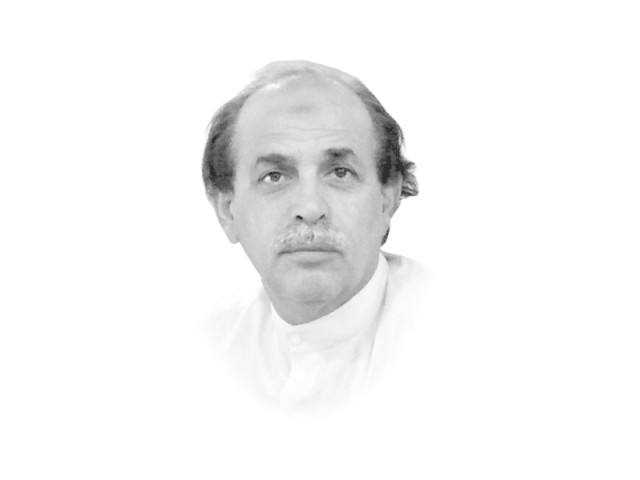Iqbal’s Pakistan
Little thought was given to embodying or preserving the precious legacy of Iqbal

Iqbal’s Pakistan
Asked to explain his penchant for Iqbal, Pervez says: “I love Iqbal, because his poetry is not only reflecting love for Ummah but it is also guiding human beings in establishment of a peaceful society.” Adds Pervez: “He [Iqbal] advocates not only unity amongst the Ummah but also underscores the need for respecting human rights.”
There is little doubt that as compared to Punjab, there are fewer readers of the national poet, Allama Muhammad Iqbal, in Khyber-Pakhtunkhwa and the adjoining Federally Administrative Tribal Areas (FATA). There are two possible reasons, one is political and the other is social. Illiteracy amongst the Pakhtuns is higher compared to amongst Punjabis or the residents of urban Sindh and therefore, in K-P very few are aware about the poetry and philosophy of Allama Iqbal.
Politically, Allama Muhammad Iqbal had headed the All-India Muslim League, which, after the creation of Pakistan in August 1947 was named as Pakistan Muslim League. It is no secret that the PML and its many offshoots are not popular in Pakhtun-dominated areas.
Soon after independence, Iqbal was given a status almost equal to the founder of the country, Quaid-e-Azam Muhammad Ali Jinnah, in the curricula of schools and colleges. Since inception of the country, K-P is facing many politico-strategic crises. For most of the time, the country has been governed by the military whereas in the brief intervals, different and even rival political parties run K-P affairs in coalition. Instead of promoting national heroes, these rulers have always made attempts to protect their own personal, communal and political interests. Little thought was given to embodying or preserving the precious legacy of Iqbal.
At the moment, the poetry and philosophies of Iqbal, Rahman Baba, Khushal Khan Khattak, Shah Abdul Latif Bhittai, Baba Bulleh Shah, Ghani Khan and several others could play an instrumental role. Iqbal Day 2014 is an excellent day on which to start building a narrative of peace.
Published in The Express Tribune, November 9th, 2014.












1724319076-0/Untitled-design-(5)1724319076-0-208x130.webp)






COMMENTS
Comments are moderated and generally will be posted if they are on-topic and not abusive.
For more information, please see our Comments FAQ